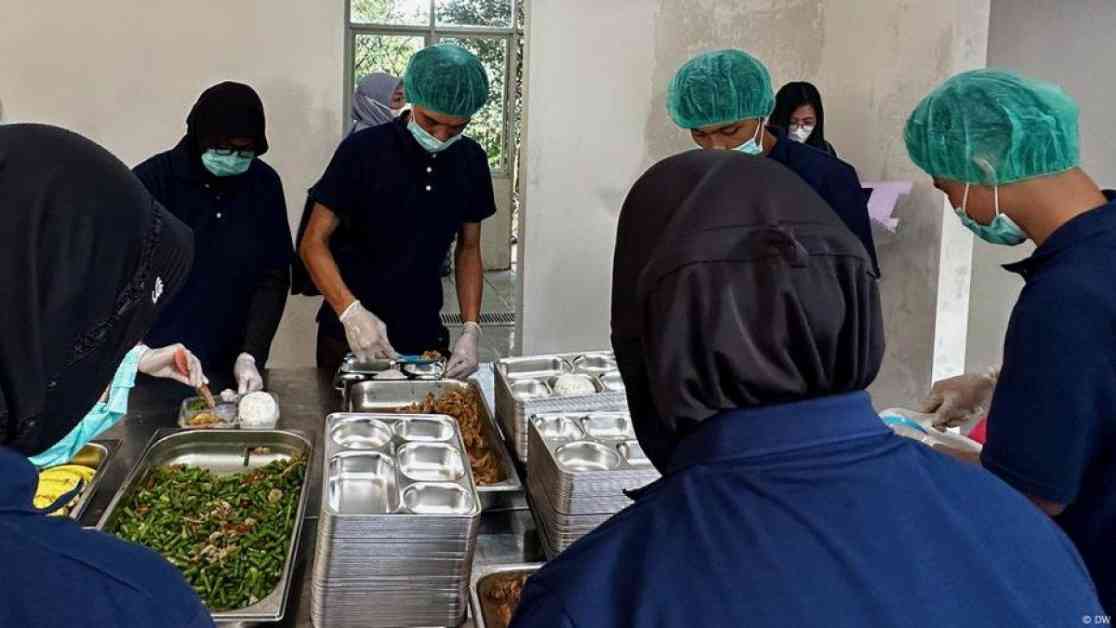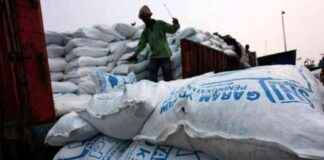Easy and Inclusive Choices: MBG Menu for Special Needs Children
In Jakarta Barat, children with special needs face unique challenges in maintaining a balanced diet. This issue not only affects their physical well-being but also impacts their mental health. For example, consuming the wrong foods can lead to hyperactivity, tantrums, and even self-harming behaviors.
A Personal Story: Galih’s Struggle with Autism
Galih, a fourth-grade student at a Special School (SLB) in Jakarta Barat, is a child with special needs diagnosed with autism. The nutritional content of every meal he consumes is carefully monitored by his mother, Euis.
“If he eats chocolate or foods containing wheat, he immediately throws a tantrum. His tantrums don’t disturb or annoy others, but he hurts himself. He scratches or bangs his head,” said Euis, Galih’s mother.
MBG Program Implementation Challenges
Galih’s school is one of the recipients of the Free Nutritious Meals (MBG) program, a flagship program of the Prabowo-Gibran cabinet. Unlike regular schools, the challenge of implementing MBG in SLB lies in adjusting menus to meet the specific nutritional needs of children with special needs.
On the program’s launch day, 190 special needs students at this school received meals consisting of rice, teriyaki chicken, sautéed green beans, fried tofu, and packaged milk, similar to what children in regular schools received.
However, the nutritional needs of special needs children are far more complex than those of typical children. The school’s principal emphasized the importance of communication with the National Nutrition Body (BGN). “We conveyed that some autistic children here cannot drink chocolate milk. There are also children with Down syndrome who cannot eat bananas because it could send them straight to the hospital,” he said.
The Importance of Special Diets for Special Needs Children
Errors in dietary patterns can significantly impact special needs children. As explained by Nutrition Expert, Dr. Tan Shot Yen, excessive sugar consumption can increase the risk of hyperactivity in children with ADHD.
He also mentioned, “children with autism show negative reactions to foods containing gluten or casein, such as digestive disorders and aggressive behavior.” This further emphasizes the importance of understanding the specific nutritional needs of each special needs child to prevent broader negative impacts.
According to experts, excessive sugar can trigger various reactions in special needs children, ranging from uncontrollable energy spikes to sleep disturbances. These negative effects require many parents of special needs children to be vigilant about the foods provided, especially at school events.
Challenges in Implementing MBG at SLB
One of the main challenges of implementing the MBG program is ensuring that the provided menus are safe and suitable for all students, including special needs children. Due to the program’s large scale and targeting many schools, providing mass menus often becomes a hurdle.
A major challenge is logistics, such as distributing fresh food ingredients to remote areas, which require additional time and costs. Additionally, each school must have adequate kitchen facilities to prepare quality-controlled menus.
Another challenge is cost, as procuring food items that meet special needs, such as gluten-free foods or lactose-free milk, tends to be more expensive. This adds to the government’s budget and program organizers’ burden, necessitating more efficient resource management strategies to ensure program sustainability.














